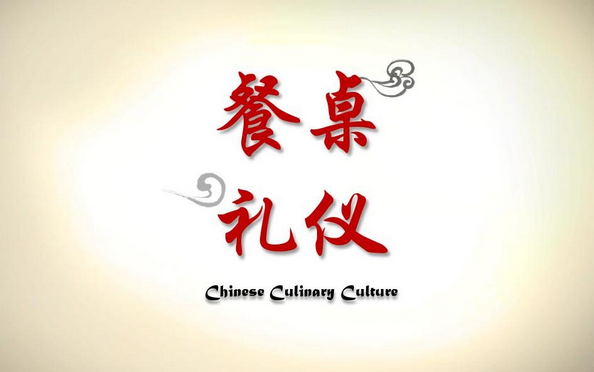Chinese Dining Etiquette

China has a long history of culinary art that goes back thousands of years. Dining is a ubiquitous social activity that involves not only the delicious taste, but also the aesthetic and ethical values. To have a better understanding and appreciation of Chinese cuisine, it is essential to learn and follow the proper dining etiquette.
Seating arrangement is one of the most important aspects of Chinese dining etiquette. The host should determine the seating order according to the guests' social status, age, and gender. Generally, the oldest or most respected person sits in the central position facing the door. The guest of honor usually sits to the right of the host. It's impolite to start eating before the host, who will invite everyone to begin by saying "qǐng kāi cān" (please start eating).
Table manners are also crucial in Chinese culture. It's customary to use chopsticks instead of knives and forks. Chopsticks represent harmony and balance, and they are often used to share dishes among family and friends. When using chopsticks, avoid pointing them at people or playing with them. Additionally, do not cross chopsticks, as it's seen as a bad omen. If you're unsure how to use chopsticks, ask someone to teach you or use a spoon instead.
In Chinese dining culture, food sharing is a sign of hospitality and respect. The most senior person at the table is usually the first to start picking out the food, and guests must wait for that person to take their first bite before starting. Avoid taking too much food or leaving leftovers on the plate. Refusing food from the host's dish is also considered impolite, and it's better to try everything unless you have a dietary restriction or allergy.
Drinking etiquette is also significant in Chinese dining culture. Toasting with alcohol is a common gesture of goodwill and respect, and it's customary to clink glasses with everyone present. When you toast, hold your glass with both hands, and look directly into the other person's eyes while saying "Ganbei" (Cheers). It's customary to refill others' glasses, but leave your glass at an appropriate level to avoid being too drunk.
In conclusion, Chinese dining etiquette has a rich and fascinating history that reflects the cultural values of respect, harmony, and hospitality. By following these manners, foreigners can enjoy authentic Chinese cuisine and show respect for Chinese culture.
云作文原创内容,未经允许不得转载。